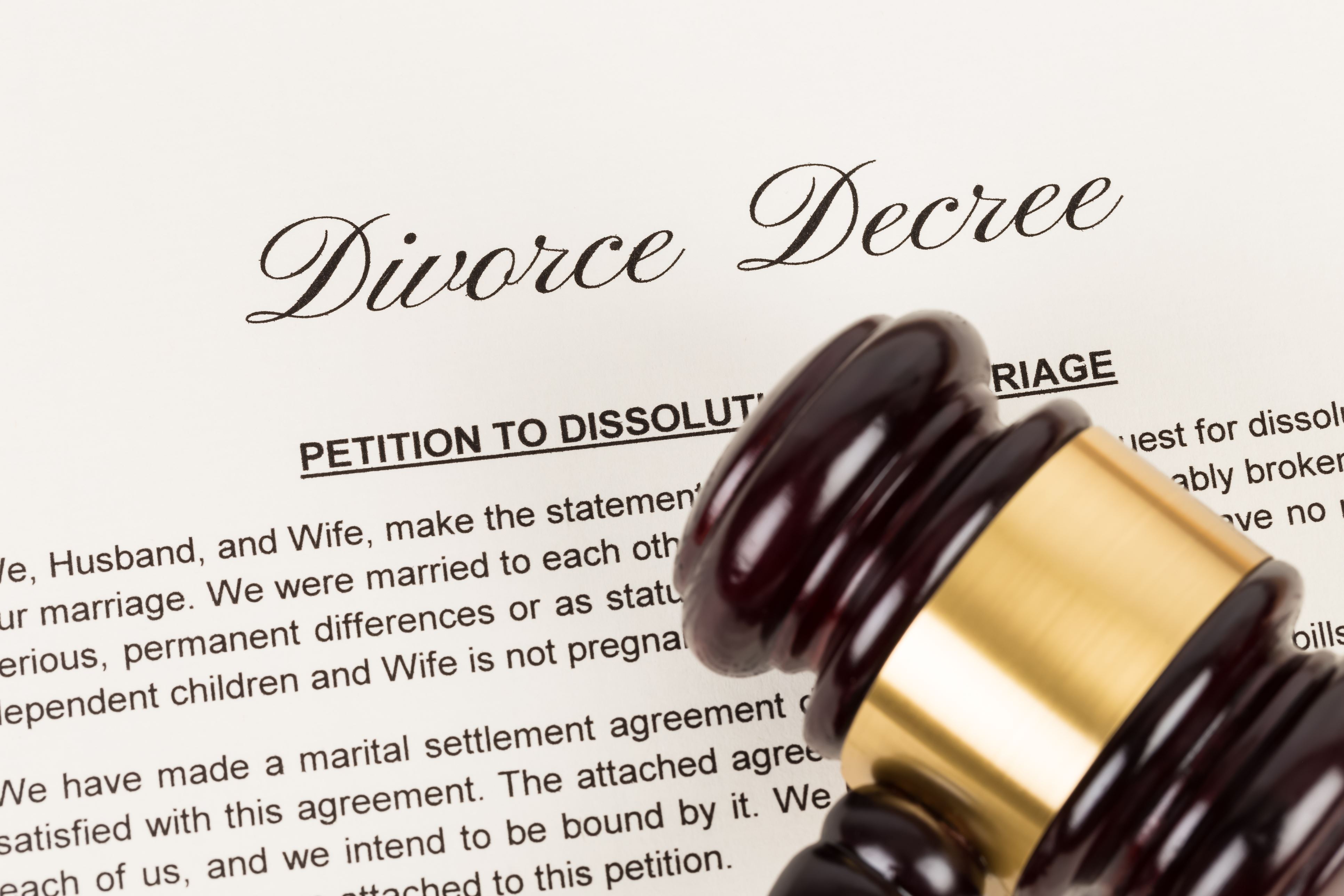As a matter of right, the Florida Constitution provides the ability to appeal many court rulings both criminal and civil, including final judgments of divorce. However, there are certain limitations to an appeal of a divorce judgment. If you fear that you will need to appeal your divorce order or are intending to seek an appeal, it is important to consult with an experienced divorce attorney to understand the specific regulations surrounding your appellate process.
When considering an appeal of your divorce, it is important to determine the grounds behind your appeal, and the form of appeal you wish to take. There are few reasons provided by Florida Law to embrace an action of an appeal. These grounds for an appeal include: newly discovered evidence, fraud, concealment, or inaccurate legal determination. You must provide clear evidence of these grounds and have a sound legal argument outside of your dissatisfaction with a court’s ruling. However, this evidence is limited to what was previously presented in the original trial, you may not introduce any new testimony or evidence.
There are a few common appellate actions you may take in your divorce proceedings. The first is a Notice of Exception to the Report and Recommendation of a General Magistrate. The requirements for this motion include: your case was heard before a General Magistrate rather than a judge; you provide proper grounds for the appeal; and your objection is filed within 10 days of the General Magistrates ruling. The circuit judge will then review the transcript and objection to determine if the recommendation of the General Magistrate is proper under the facts provided and Florida law.
The most common action taken after a divorce is a Motion for Rehearing. This motion is similar to an objection to a recommendation of the General Magistrate, except your case was originally heard by the circuit judge you are seeking review from. The judge may decline to rehear the case, which is likely as they were the individual who handed down the original decision. However, many choose to file this motion prior to seeking an official appeal.
A formal appeal is heard before the District Court of Appeals. There are five different districts to cover the State of Florida, with each district assigned to cover a number of circuits and counties. This process is extremely time specific and follows certain procedural rules. Your first step is to file a notice of appeal, with the trial court, within 30 days of the order. Even if an hour late, your right to appeal will be lost. This notice will be forwarded by the clerk to the proper District Court of Appeals. You must then direct the clerk to provide a copy of the official record of your case, and direct the court reporter to prepare and provide a copy of the transcript of your trial proceedings within 10 days of your Notice of Appeal. Your attorney will then prepare an initial appellate brief to be served on the court and opposing party, within 70 days of filing the Notice of Appeal. This brief will be the substance of your argument; however, you are not able to provide new evidence or facts, and instead must rely solely on what was argued in your original trial. Opposing counsel will then be permitted to respond with an answer brief and your case may be set for oral arguments before the District Court of Appeals. The appellate court will look for evidence suggesting the trial court failed to determine the correct facts, or incorrectly applied the law to the appropriate facts. The court may determine that the trial court’s ruling was proper, overturn the ruling, or remand the proceedings to the trial court for a new determination consistent with the appellate court’s opinion.
During your divorce action and immediately after, you may consider the possibility of appealing the court order. However, it is imperative you fully understand the procedures and regulations surrounding an appeal of your divorce. Discuss the legal procedure and ramifications of an appeal with your lawyer.
Speaking to an attorney at our Pensacola office is free of charge, and we accept calls 24 hours a day, 7 days a week. Contact us at (800) 822-5170 or complete an online contact form to get in touch with a member of our team today.


